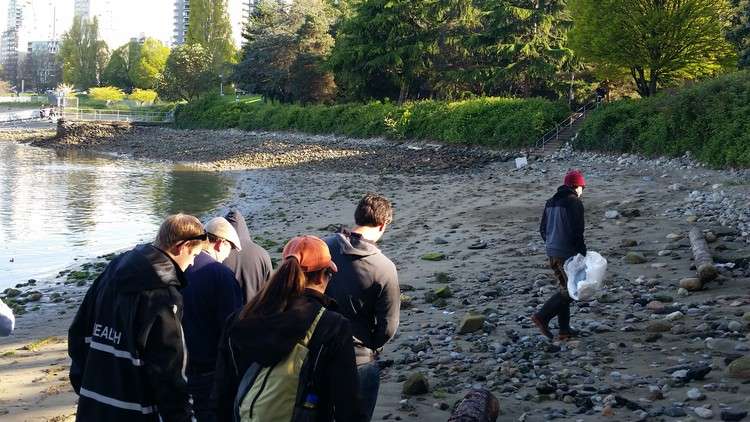
Polaris Applied Sciences, Inc.
What you will learn
High-level introduction to Shoreline Cleanup Assessment Technique (SCAT)
Basics of Shoreline Cleanup Assessment Technique (SCAT) and how SCAT fits into the Incident Command System and a response
Basic Shoreline Response Program fundamentals
Examples of real-life SCAT Programs
Description
This course provides a high-level overview and introduction to Shoreline Cleanup Assessment Technique (SCAT) Programs and how they support and fit within an Incident Command System during an oil spill response.
The goal of a SCAT program during a spill incident is to implement a program to capture field observations of shoreline conditions and make available critical information for decision-makers in an appropriate time frame. SCAT surveys are flexible and adaptable to the spill conditions and to the appropriate levels and types of information required for each spill. Surveys can be conducted from different platforms, at different scales, and at different times. A response may include all or a few of the different survey methods. SCAT involves a standardized methodology for the documentation and description of oiled shorelines and/or riverbanks. These data are used by strategists and planners within the ICS decision process to develop a shoreline cleanup plan. A SCAT program and the SCAT teams are involved throughout the response, from the initial field surveys to inspection and the sign off process.
Polaris has been pivotal in the development and continual refinement of the SCAT process over the last 25 years, including recent developments in mobile app field data collection and database/GIS data management. Polaris also provides SCAT training where the SCAT standardized methodology for the documentation and description of oiled shorelines is emphasized in the classroom and during field exercises.
Content